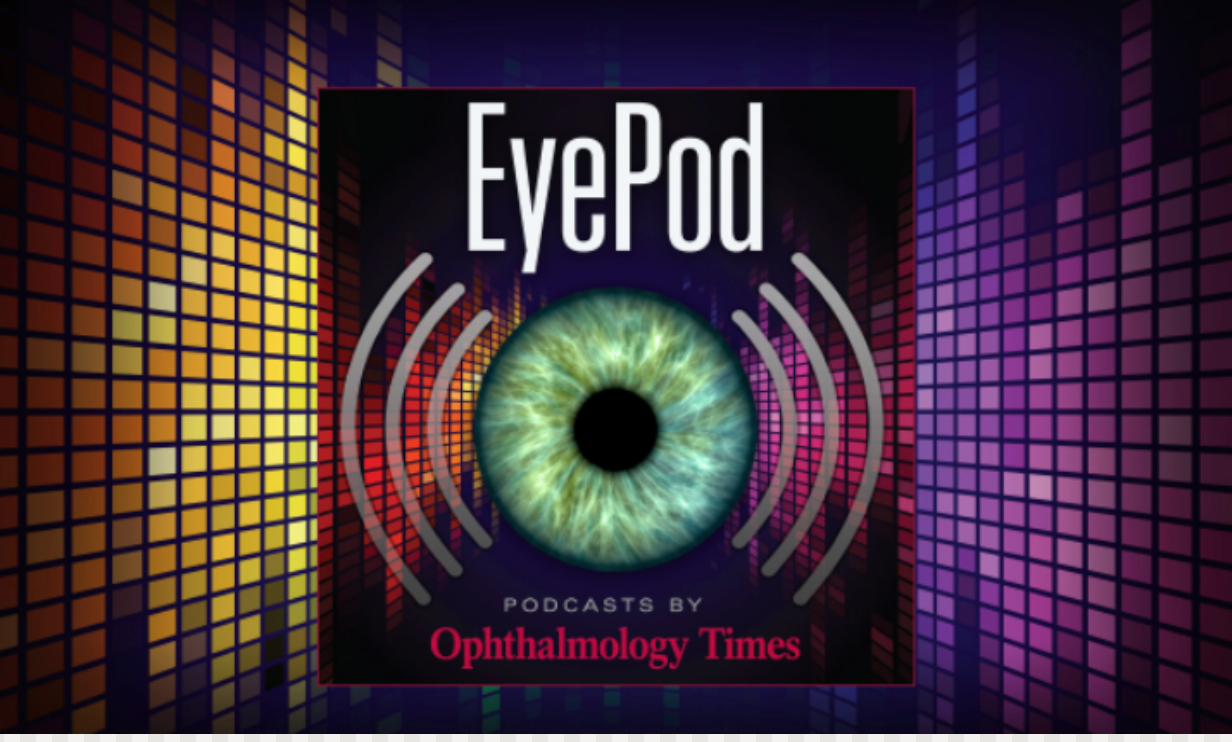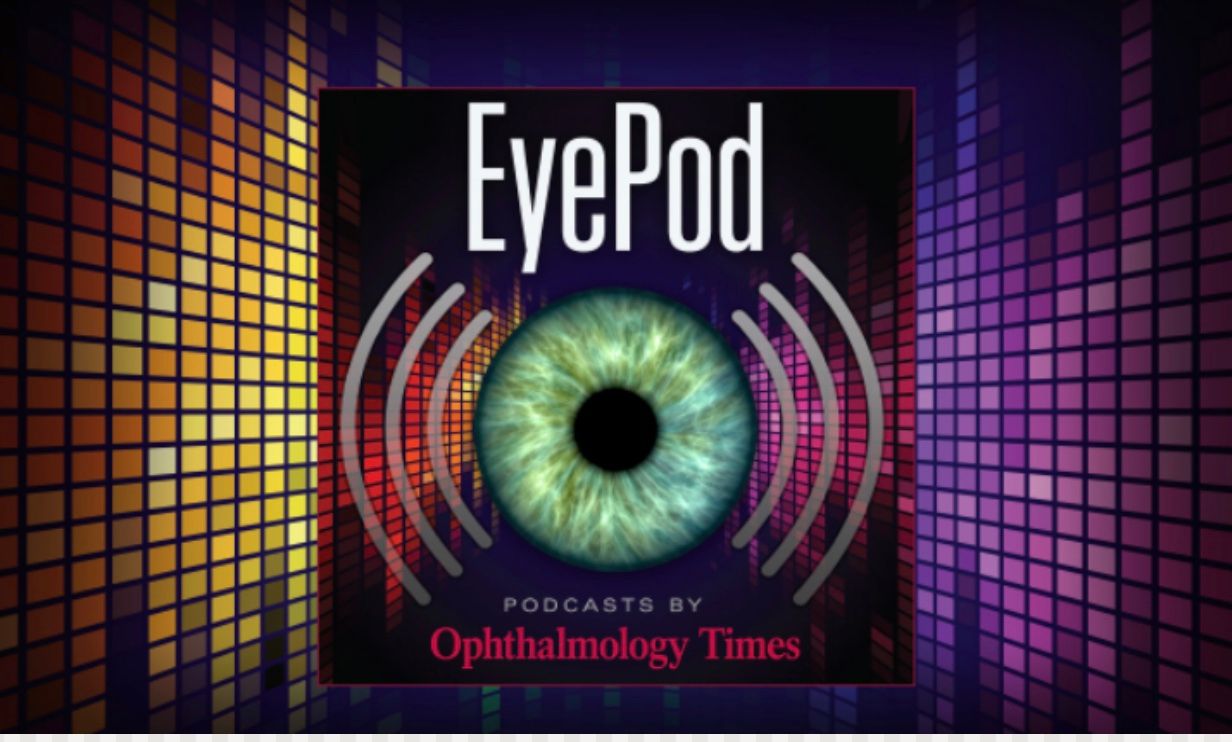News
Article
Dopavision reports positive results from MyopiaX-1 trial on pediatric myopia management
Author(s):
Data from the trial found that MyopiaX proved clinically safe and tolerable, in addition to showing clinical effect on the rate of myopia progression.
(Image Credit: AdobeStock/pickup)

Dopavision has announced topline findings from its MyopiaX-1 proof-of-concept clinical trial investigating the safety and tolerability of MyopiaX, which delivers targeted photobiomodulation to the eye for managing the progression of pediatric myopia, according to a news release. Data from the trial found that MyopiaX proved clinically safe and tolerable, in addition to showing clinical effect on the rate of myopia progression.1
“The 6-month outcomes represent a significant step in the clinical development of MyopiaX,” said Ian Flitcroft, PhD, FRCOphth, coordinating investigator of the MyopiaX-1 trial, in the release. “The results are an important addition to the existing evidence supporting the mechanism of action of MyopiaX light stimulation.”
MyopiaX is a non-invasive, light-based treatment that utilizes a virtual reality headset and wireless controller to deliver treatment while pediatric patients engage with digital content that is age-appropriate.2 The treatment stimulates specific cells in the eye to regulate innate signaling pathways, which then works to slow the rate of myopia progression.1
The 6-month, randomized, multicenter, controlled trial consists of 124 myopia children between the ages of 6 and 12 who experienced a refractive error starting at -0.75 D, had no previous or current myopia treatment of participation in other trials, no other eye conditions or illnesses affecting the eye, and no medical or family history of photosensitive epilepsy.2 Some exclusions from the trial include patients with anisometropia at≥ 1.5 D, astigmatism at ≥ 3 D, suspicion of syndromic or monogenetic myopia, and any illnesses affecting dopamine function, among others.3
Trial participants were randomized in 2:1 ratio to MyopiaX or the control group. Participants assigned to MyopiaX used the treatment twice daily at home for 12 months. After 6 months, the participants wore myopia control spectacles. The control group only wore myopia control spectacles for 12 months. Participants also brought in for 5 clinic visits during their treatment period.2
“The six-month findings of the MyopiaX-1 trial mark a monumental achievement for Dopavision,” said Mark Wuttke, PhD, CEO of Dopavision, in the release. “With MyopiaX, our goal is to enrich myopia management for millions of children worldwide, providing a safe, non-invasive and engaging alternative that empowers young people to build a healthier, brighter future.”
The clinical trial is ongoing and expected to be completed in September 2024. Dopavision is currently discussing potential pathways for MyopiaX’s development and approval with regulatory authorities, according to the company.1
References:
Dopavision announces topline results in clinical trial of targeted photobiomodulation approach for progressive myopia. News release. Dopavision. May 28, 2024. Accessed May 28, 2024. https://dopavision.com/2024/05/28/dopavision-announces-topline-results-in-clinical-trial-of-targeted-photobiomodulation-approach-for-progressive-myopia/
Clinical Trial. Dopavision. Accessed May 28, 2024. https://dopavision.com/clinical-trial/
MyopiaX treatment for the reduction of myopia progression in children and adolescents: Safety and efficacy investigation (MyopiaX-1). Dopavision GmbH. NCT04967287. Updated February 20, 2024. Accessed May 28, 2024. https://clinicaltrials.gov/study/NCT04967287
Newsletter
Don’t miss out—get Ophthalmology Times updates on the latest clinical advancements and expert interviews, straight to your inbox.





